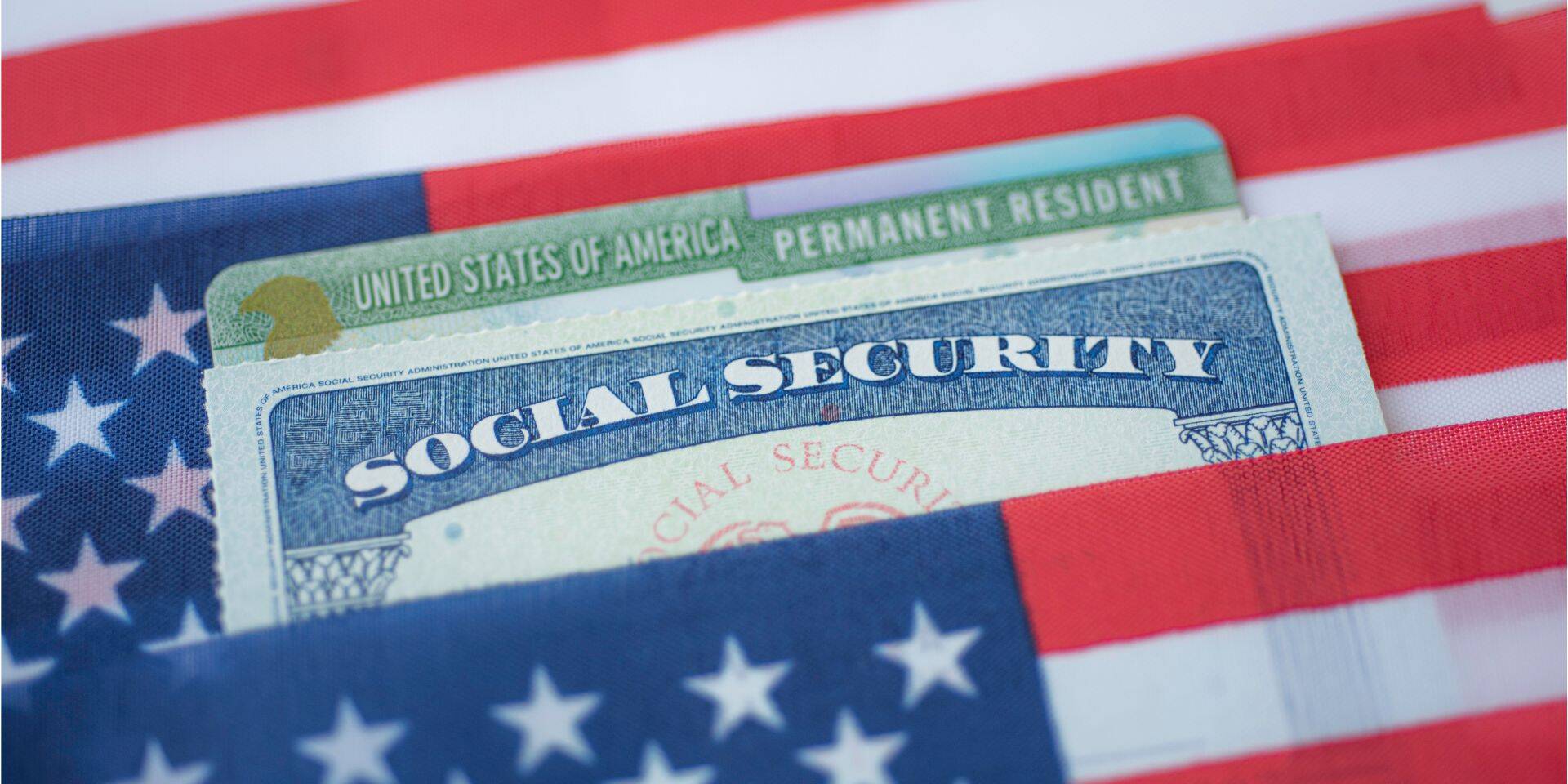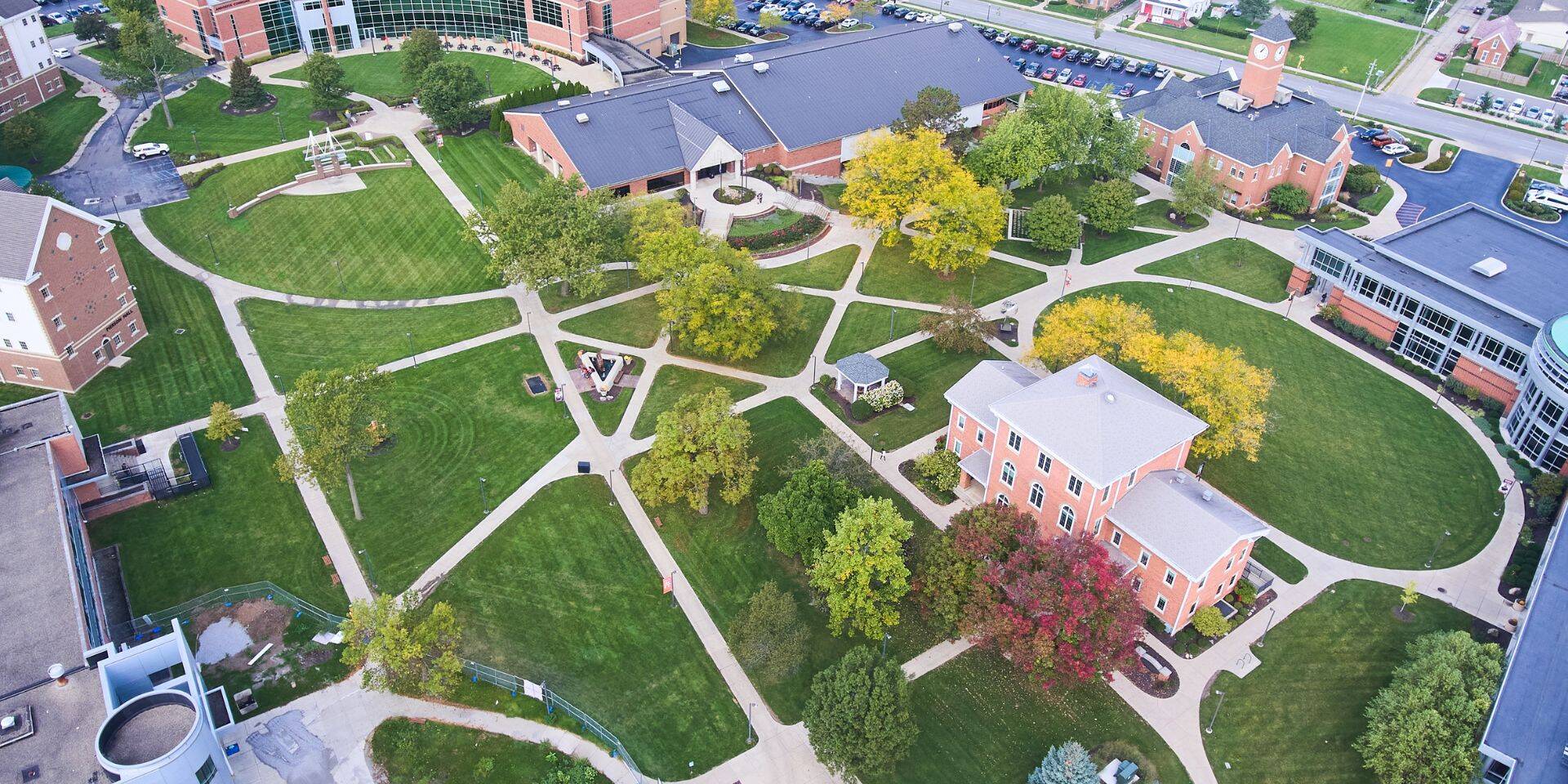The U.S. House of Representatives passed the America Creating Opportunities for Manufacturing, Pre-Eminence in Technology, and Economic Strength (COMPETES) Act. The over 2,900-page bill is the counterpart to a similar bill passed by the Senate in June 2021, the U.S. Innovation and Competition Act of 2021. However, the America COMPETES Act differs in that it includes elements of immigration policy. The America COMPETES Act is intended to drive competition in the manufacture of semiconductors between the U.S. and China.
Proposed New Nonimmigrant Entrepreneur Visa
To that end, the proposed immigration updates create a new nonimmigrant visa category. Non-U.S. citizens who own a start-up company, are essential employees of that company, or their families, the W visa is proposed. Certain qualifications are required. For the W-1 owner visa, a minimum of 10% ownership is required, the individual must substantially assist the company, and have the required experience and skills appropriate for the role. For the W-2 visa essential employee visa, the number available to each company is dependent on their company size. The W-3 visa is for spouses and children of W-1 and W-2 visa holders.
In addition, companies must receive a minimum of $250,000 in qualifying investments or a minimum of $100,000 in qualifying government grants or awards within the 18-months prior to the owners’ application for the W-1 visa.
The owner visa, the W-1, would initially be granted for three years. If the company satisfies certain growth targets, the visa may be extended for an additional three-year period. Again, if targets are reached, the visa can be extended again for two additional one-year periods. For the employee visa, the W-2, the initial period is three years with a possible extension for one additional three-year period.
If companies meet specific revenue targets, owners may have the option to apply for a green card. To qualify, their companies must meet a minimum of $1.25 million in qualifying investments, including government grants or awards, or reach a minimum of $1 million in annual revenue for the two years prior to the green card application date. A minimum of 10 jobs must also have been created.
Proposed STEM Ph.D. Immigrant Visa
Immigrants who have earned a Ph.D. in specific fields of science, technology, engineering, or mathematics (STEM) will have a direct path to becoming permanent U.S. residents. Their degree must be granted to them by a qualified U.S. research institution or a foreign equivalent. The individual must work in the field of their degree. Dependent family members would also be eligible for permanent U.S. residency.
Employment-based visas, EB-1 and EB-2, would be affected by this change. The cap on employment-based visas would not be changed, nor would the cap exclude visas granted to spouses and children.
A proposed $1,000 fee to be paid by individuals applying for either the nonimmigrant entrepreneur (proposed W-1 visa) or the STEM Ph.D. visa would fund STEM scholarships for qualifying U.S. low-income students.
Temporary Protected Status (TPS) is proposed for qualifying Hong Kong residents for 18 months after the bill becomes law. Some highly skilled Hong Kong residents may be eligible for special immigrant status, limited to 5,000 per year.
As we have seen, several bills have been passed by the House, only to face a roadblock in the Senate. ILBSG continues to monitor ongoing updates to the U.S. immigration system. We work with our clients to ensure they get the right advice for their specific needs. If you have questions about any immigration-related issue, contact us.
Related Posts
April 17, 2025
Expanded DHS and FBI Involvement Driving More Green Card Holder Removals
The expansion of DHS, USCIS, and FBI…
April 17, 2025
F-1 Students Anticipate Visa Cancellations and Removals
F-1 visa cancellations have raised…
April 17, 2025
H-1B Holders Face Layoffs Along with Possibility of Removal
H-1B holders are facing mounting…



